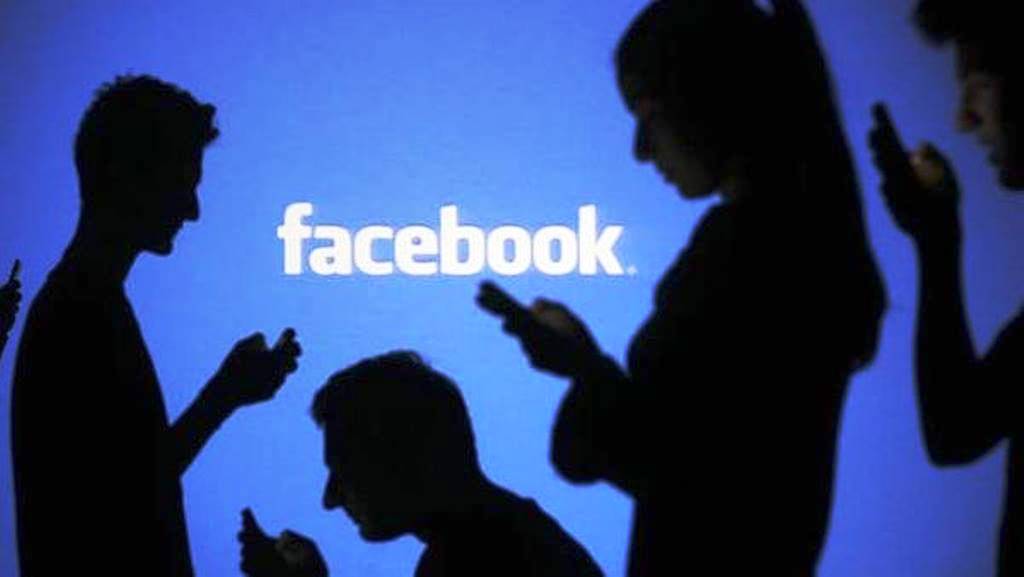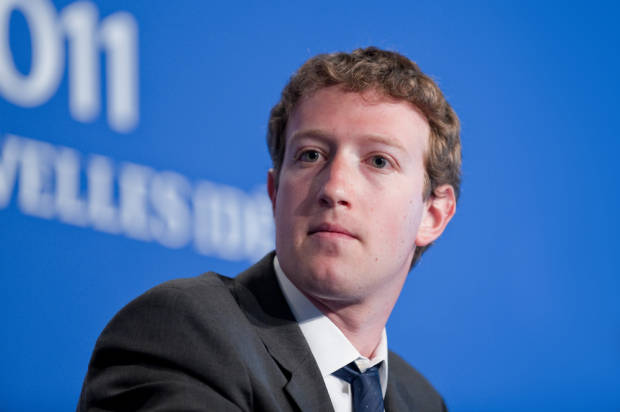Facebook has said its algorithm is not limiting the number of people whose posts show up in News Feed, dousing rumour the social media platform limits posts users can see to 26 friends only.
TheNewGuru (TNG) reports copy-and-paste memes have been in circulation claiming Facebook’s “new algorithm” is limiting the number of people whose posts show up in News Feed, usually pegging the number at just 25 or 26 people.
Though multiple publications have debunked this meme, it continues to persist; so, Facebook decided to clarify things up.
“No, Facebook does not set a limit on the number of people whose posts are shown in your News Feed. The idea that News Feed only shows you posts from a set number of friends is a myth.
“The goal of News Feed is to show you the posts that matter to you so that you have an enjoyable experience. If we somehow blocked you from seeing content from everyone but a small set of your friends, odds are you wouldn’t return,” said Ramya Sethuraman, a product manager who works on ranking.
However, Facebook stated that the persistence of the “26 friends” myth is understandable, saying “because the posts in your News Feed are ranked in the order we believe you’ll be most interested in seeing them”.
“The News Feed algorithms prioritize posts that are predicted to spark conversations among people, whether because of format — for example, live videos tend to lead to more discussions than regular videos — or because the posts were shared by people, groups or Pages you interact with frequently.
“Because of this, it’s possible that you’ll see content from a similar list of posters at the top of your News Feed, which can make the “26 friends” idea seem plausible. If you scroll down, though, you’re likely to see posts from an even wider group of people.
“Similarly, while leaving a single comment on a post won’t suddenly “unblock” you from showing up in your friends’ Feed (because there’s no arbitrary limit in the first place), there’s a grain of truth here, too. If you frequently trade comments with a friend, their posts are likely to be shown higher in your News Feed than posts from someone you never interact with.
“If you want to control what you see in your News Feed, there are more straightforward ways to do it than by sharing memes. Because we know we don’t always get it right, we’ve built and are continuing to build new controls so that people can directly tell us what they want to prioritize, take a break from or get rid of.
“If you want to make sure you see everything from a certain person, you can use the See First feature to put that person’s posts at the top of your Feed. If you’ve heard too much from someone, you can Unfollow them. If you just want to take a break from someone, the Snooze feature removes them from your News Feed for 30 days,” Facebook clarified.

